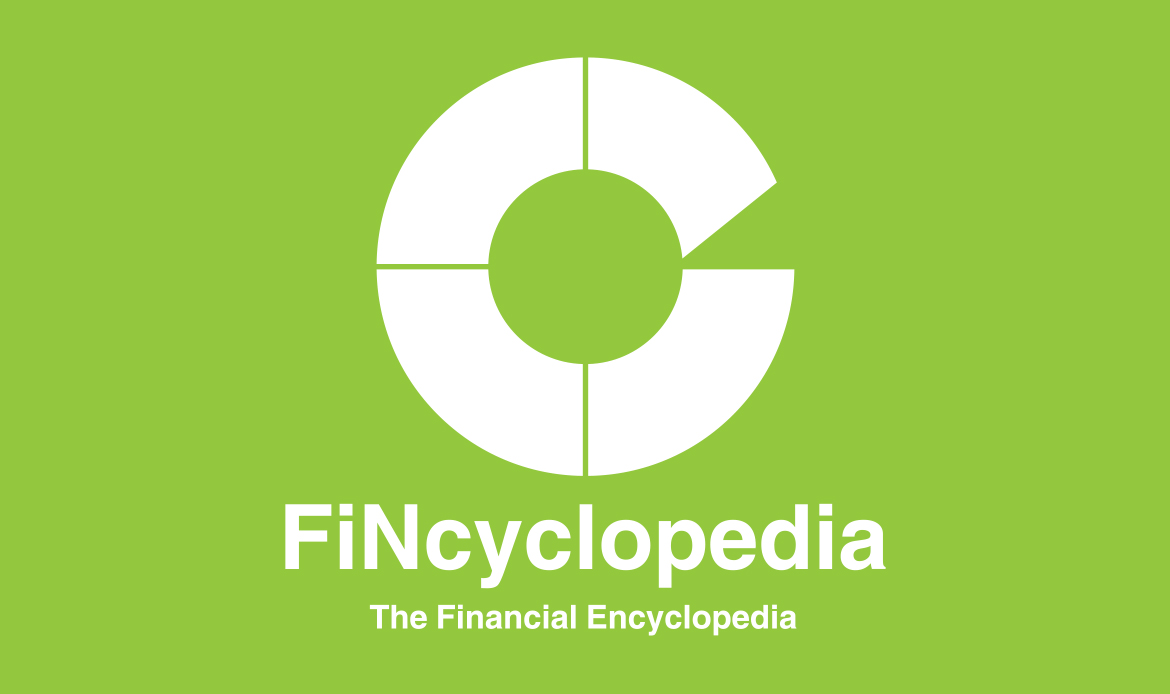It stands for trading that takes place over the counter; a method of trading that is not carried out in or through a regulated market. In over-the-counter markets, participants transact directly with each other, using the so-called over the counter (OTC) means of communication (e.g., telephone or online).
By definition, an OTC market is a non-physical marketplace where a widespread assembly of dealers (market makers) and their clients transact away from the premises of organized markets. As opposed to trading on exchanges (bourses), over-the-counter trading takes place through communication means (telephone, computers, etc.) where buyers and sellers negotiate and strike deals. Instruments that trade over the counter are typically not listed (e.g., over-the-counter stock, swap agreements, etc.)
Over-the-counter trading is, therefore, not subject to trading rules or requirements set by a regulatory exchange. Instruments traded over the counter are often more speculative and harbor higher risks than listed ones. Other examples of such instruments include all government and municipal bonds as well as most corporate bonds.



